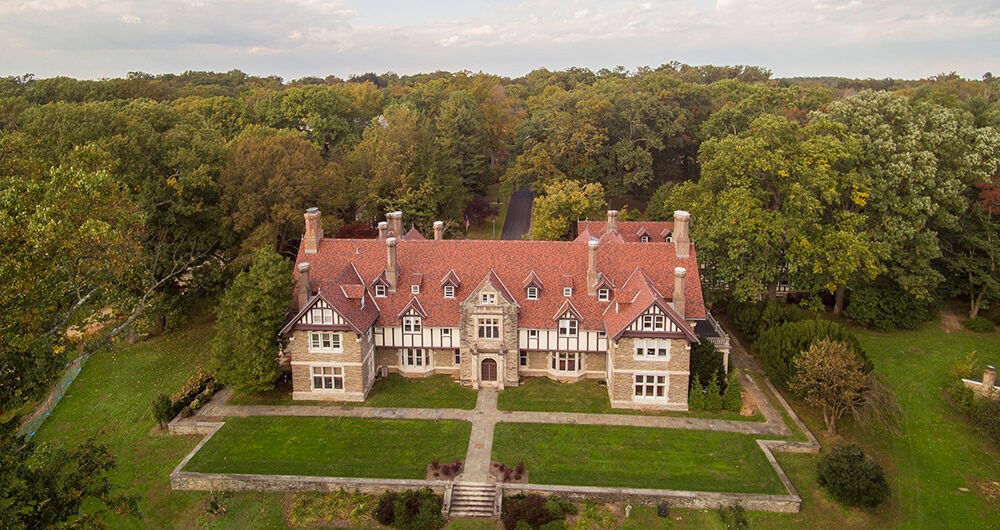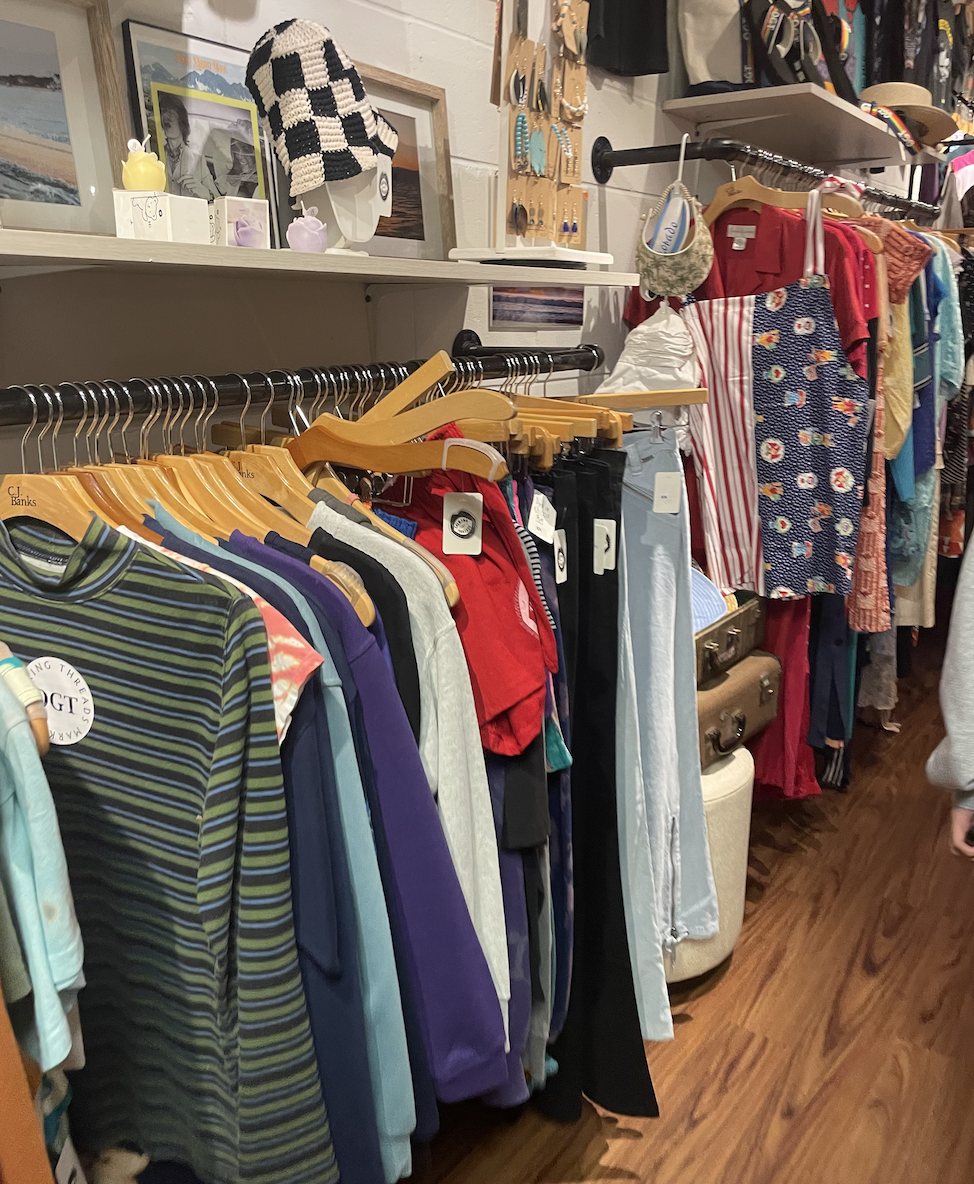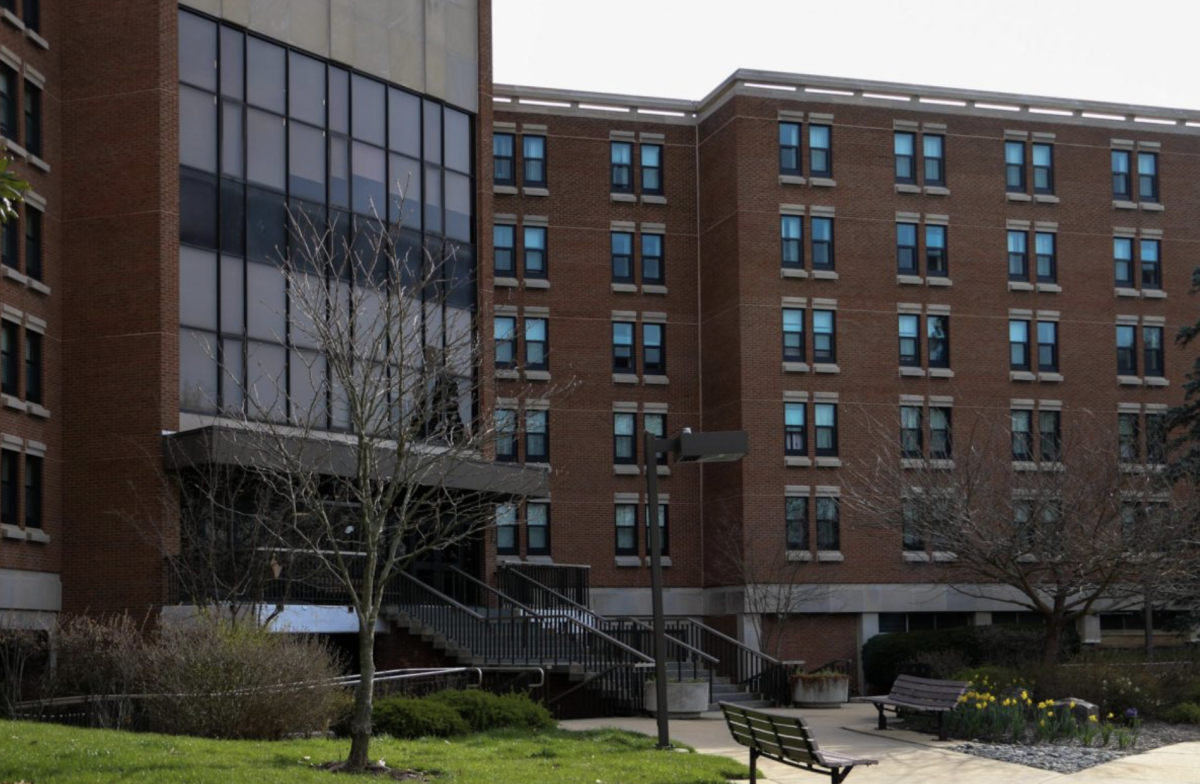“Join a club!”
“Build a resume!”
But, what happens when an unceasing academic workload leaves no time for involvement? Or worse yet, simply filling out the application?
Some on-campus organizations are open to all interested students. Recreational clubs, such as intramural sports teams, operate with the goal of fostering a space to relax, have fun and engage with students who share common interests. They also serve as a means to meet new friends, particularly for underclassmen.
However, other clubs have extensive application processes. These consist of lengthy prompts and even lengthier written answers. Students clamor to join these organizations, taking pause from academic commitments to make time for application paperwork.
I do not doubt that applications are necessary. Some clubs have limited resources or space, which makes it difficult to accommodate everyone who wants to join. An application process helps manage the number of members, ensuring that those who join are fully committed to the cause. They also help assess whether potential members have the necessary background or ability to meaningfully contribute to the organization.
My criticism lies with exclusively-written applications. Merely answering a laundry list of questions is inefficient, especially given how much time they require to complete. Organizations should prioritize more qualitative practices, such as in-person interviews and meetings.
One positive example of this practice is Blue Key. Blue Key is an organization on campus devoted to giving tours to prospective students, among other admissions duties. Its written application consists of four, 200-word prompts. As the selection pool narrows, applicants may be invited for first and second-round interviews.
I do not fault Blue Key for its selectivity. In fact, Villanova’s attentiveness to the caliber of its tour guides should be respected. I believe that other organizations should replicate its layered-application style, with both electronic and in-person components.
Harrison Jenkins, President of Blue Key, agreed that applications are valuable.
“Having these multiple-step processes is one way to not only create more opportunities to share your experiences and motivations, but also show some of the necessary commitments to being in a group,” he said.
However, Jenkins also recognized the possibility that potential new members may be discouraged from applying.
“Unfortunately, I do think an application requirement deters students away from getting involved on Villanova’s campus,” he said. “I myself shied away from certain groups as a first-year because of lengthy applications.”
Students also worry that they will be judged on their writing skills rather than their interpersonal ones. This is a valid concern, especially concerning clubs that do not necessarily require a strong grammatical background.
“I’m a biology major, so I’m not a big essay person,” sophomore Lily Lincoln said. “Interviews give more of a chance for [a club] to get to know me as a person rather than how well I can write.”
Learning how to give a good interview is also a valuable skill for Villanovans entering the job market. While most job applications start online, the interview stage is often seen as “make-or-break.” Effective communication is essential when entering the professional world. It also adds an element of personability that makes the final reward seem much greater.
“Filling out these forms and going through interviews not only prepared me for career searching, but also made the satisfaction of being admitted that much greater,” Jenkins said. “I truly encourage everyone to take the time to follow your passions, and explore new things at Villanova for it has reshaped my own time here for the better.”
Clubs should not abandon all application requirements, and students should not be deterred from attempting to join them. Rather, the process itself should be more holistic and less impersonal. Making these changes will allow Villanovans to thrive both in clubs and the professional world.







